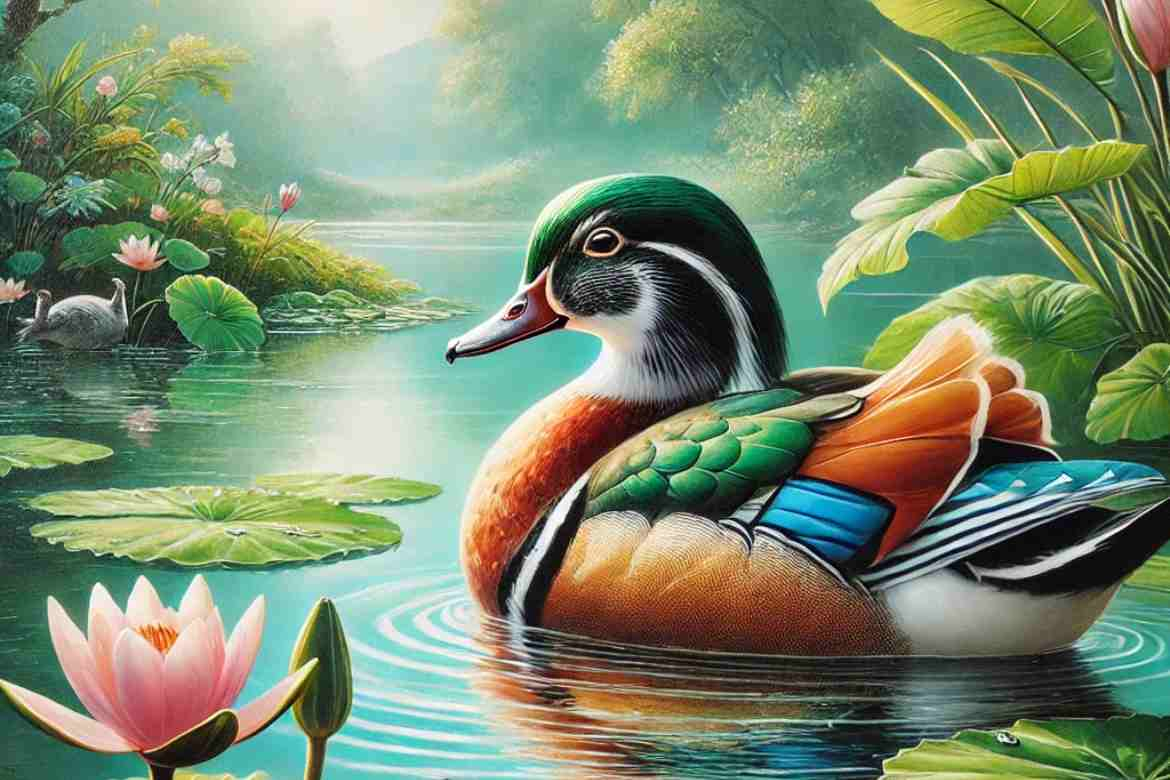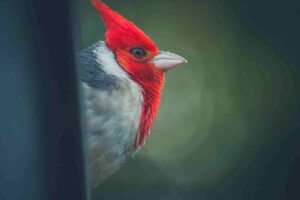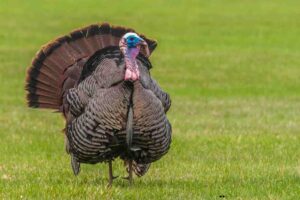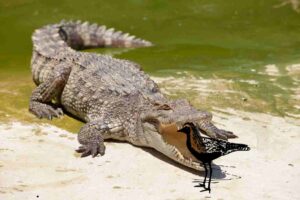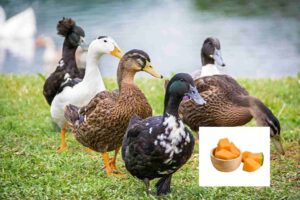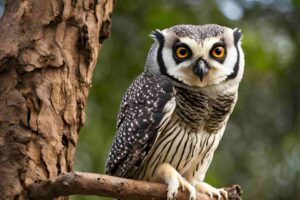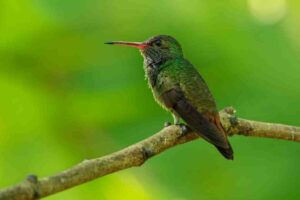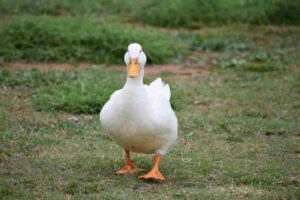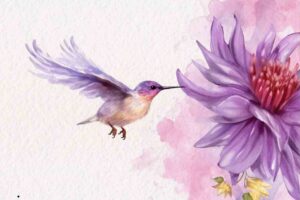The term “fortunate swimming bird” may not be immediately familiar, but when dissected, it points to a delightful and symbolic creature: the “lucky duck.” Ducks, as swimming birds, are universally loved for their charming presence and ability to thrive in diverse environments. Coupling their physical traits with a sense of fortune gives rise to the concept of a fortunate swimming bird. In this article, we will delve deep into the characteristics, habitats, and cultural significance of ducks while exploring why they’re often associated with luck and prosperity.
Understanding Ducks: Nature’s Swimming Birds
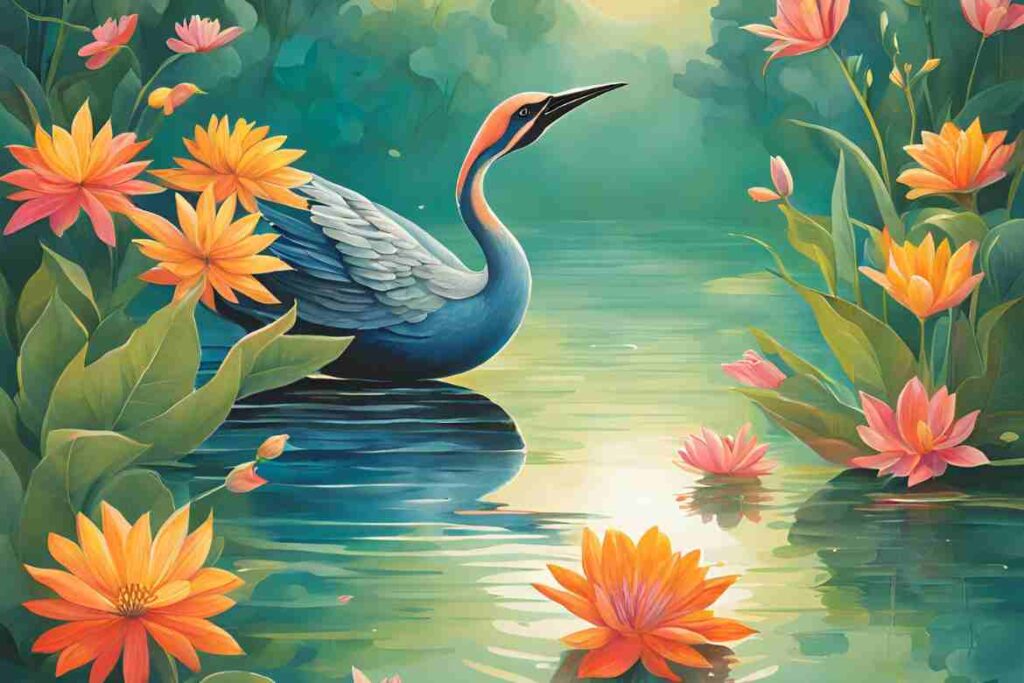
1. Physical Characteristics
Ducks belong to the family Anatidae and are known for their adaptability and resilience. Their features include:
- Webbed Feet: Ducks possess webbed feet, which make them efficient fortunate swimming bird. The webbing acts like paddles, propelling them through water.
- Waterproof Feathers: Ducks have specialized feathers coated with oils from their preen gland, enabling them to remain dry and buoyant.
- Streamlined Bodies: Their compact and aerodynamic bodies facilitate smooth navigation in aquatic environments.
2. Habitat and Behavior
Ducks are versatile and inhabit a range of ecosystems:
- Freshwater Areas: Lakes, rivers, ponds, and marshes are common habitats.
- Coastal Waters: Many species adapt to brackish or saline environments, including estuaries and bays.
- Migration Patterns: Some ducks migrate over vast distances, showcasing their endurance and adaptability.
3. Social Structure
Ducks often exhibit a strong social bond, forming groups called flocks. This cooperative behavior ensures better protection from predators and enhances their foraging efficiency.
- Explore more info about birds: Will Black Vultures Eat Chimpanzees?
The Concept of Luck and Ducks
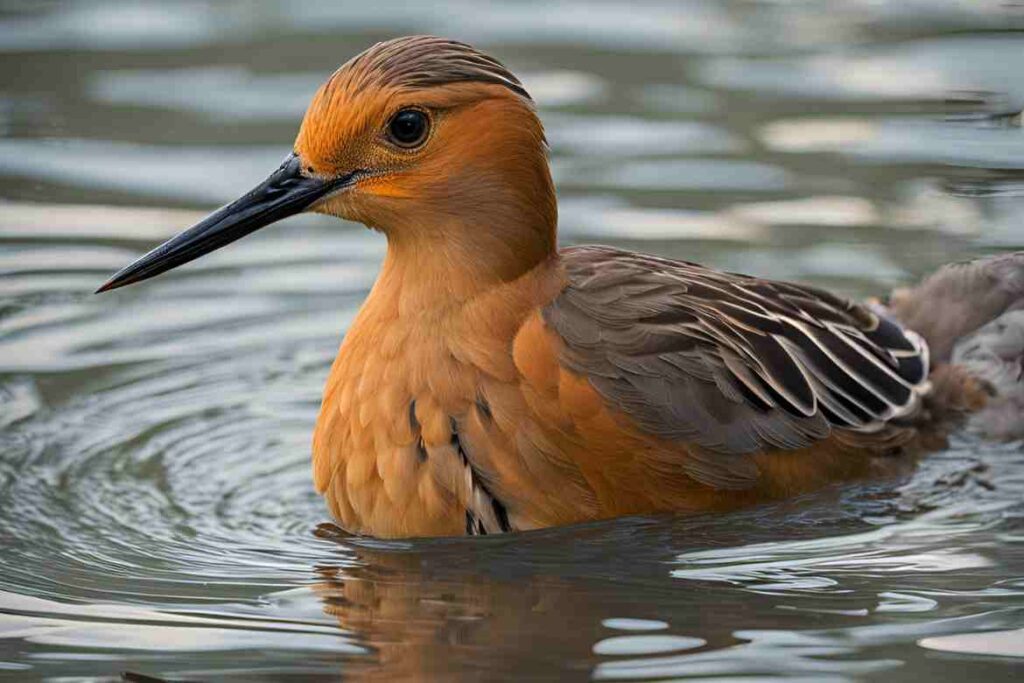
Why Are Ducks Considered Fortunate?
The association of ducks with luck stems from multiple cultural and symbolic interpretations:
- Ease of Life: Ducks appear carefree as they glide effortlessly across water, embodying a sense of contentment and ease.
- Adaptability: Their ability to thrive in diverse habitats mirrors resilience, a trait often linked to good fortune.
- Cultural Symbolism: In many traditions, ducks represent prosperity, happiness, and familial harmony.
Ducks in Cultural Expressions
**1. The Idiom “Lucky Duck”
The phrase “lucky duck” is a popular English idiom used to describe someone experiencing good fortune. It captures the essence of being a fortunate swimming bird in a playful and endearing manner.
- EXplore more about bird diet: Stained Glass Birds: Bring Beauty and Art to Your Space
2. Ducks in Folklore and Art
Ducks appear in folklore across various cultures:
- Chinese Symbolism: In Chinese culture, mandarin ducks are symbols of love and marital bliss. They are often depicted in pairs to signify harmony.
- Native American Beliefs: Some Native American tribes view ducks as messengers between the earthly and spiritual realms.
- European Fairytales: Ducks frequently appear in fairytales, symbolizing transformation and new beginnings.
Ecological Significance of Ducks
Ducks are not just symbols of fortune but also play a crucial role in ecosystems:
1. Nutrient Cycling
By foraging and defecating in water bodies, ducks contribute to nutrient redistribution, promoting aquatic plant growth.
2. Pest Control
Ducks consume insects, snails, and other pests, helping maintain ecological balance.
3. Biodiversity Indicators
The presence of ducks in a habitat often indicates a healthy ecosystem.
Frequently Asked Questions
1. What makes ducks good swimmers?
Ducks’ webbed feet, waterproof feathers, and streamlined bodies enable efficient fortunate swimming bird.
2. Are ducks considered lucky in all cultures?
While not universally seen as lucky, ducks hold positive symbolism in many cultures, particularly in Asia and Europe.
3. How do ducks adapt to their environment?
Ducks adapt through migration, diverse feeding habits, and physical traits like waterproof feathers.
4. Can ducks live in urban areas?
Yes, ducks often inhabit urban parks and ponds, showcasing their adaptability.
5. Why are mandarin ducks symbols of love?
Mandarin ducks’ tendency to form monogamous pairs makes them a symbol of enduring love in Chinese culture.
Conclusion
The “fortunate swimming bird,” or the lucky duck, is more than just a charming aquatic creature. It embodies adaptability, resilience, and prosperity, making it a symbol of good fortune in various cultures. From their ecological contributions to their cultural significance, ducks remain an enduring presence in human lives and natural ecosystems. By appreciating these remarkable fortunate swimming bird, we gain insight into the delicate balance of nature and the symbolic meanings we attach to it.
